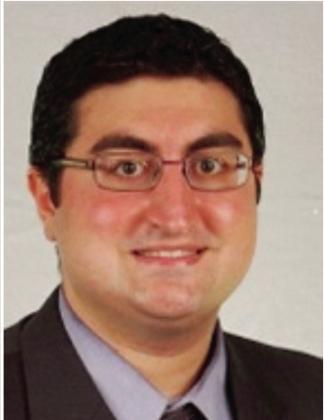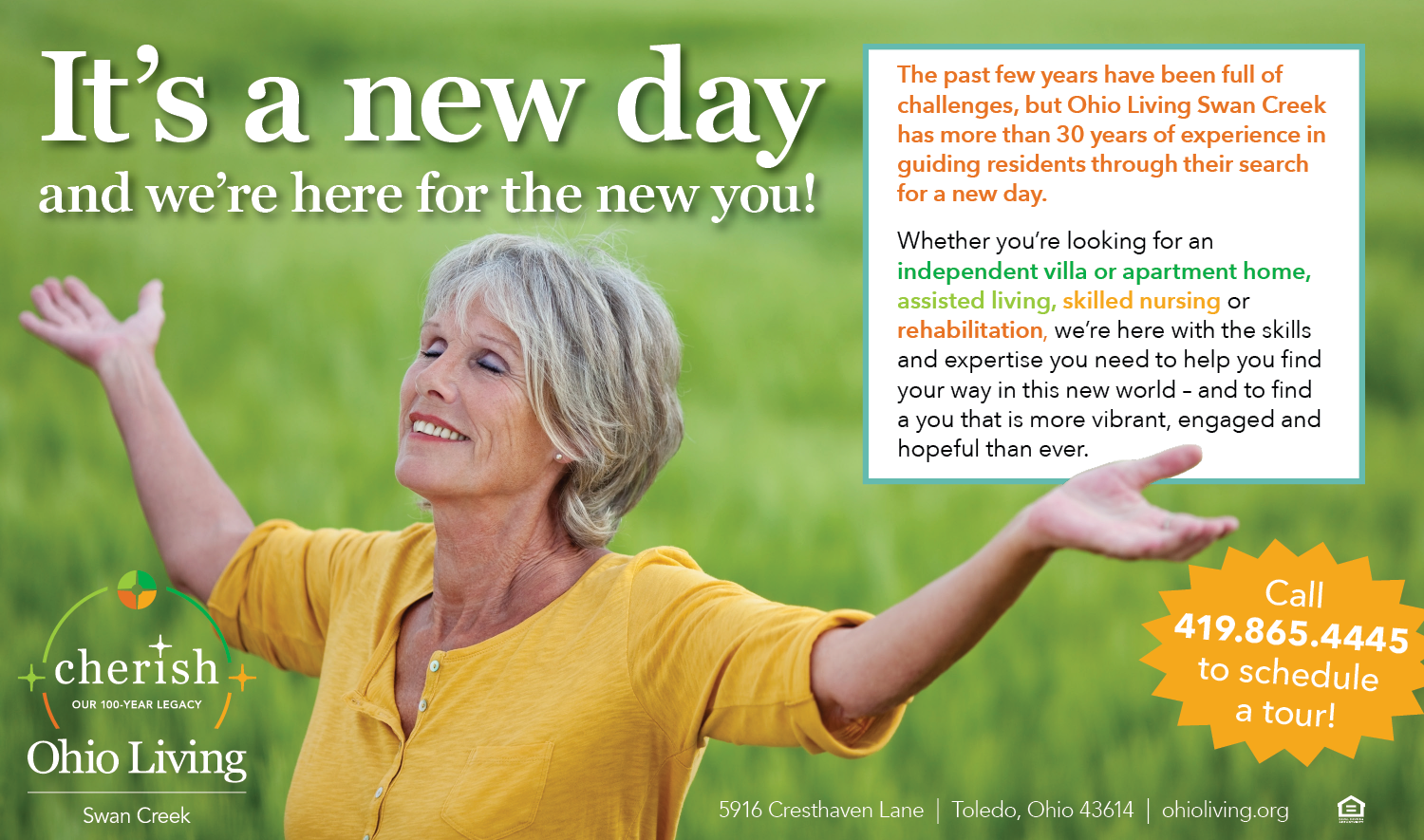FOR MANY, CANCER IS the most dreaded word in medicine. However, heart disease remains the leading cause of death in America, claiming nearly 700,000 lives annually— almost a full 100,000 more than all forms of cancer combined.
“Heart disease claims a life every 33 seconds in the U.S.,” said Dr. Mohamad Alghothani, an interventional cardiologist at The University of Toledo Medical Center. “It is sometimes overshadowed by other conditions, but heart disease is a major problem both in the U.S. and worldwide.”
Two key factors—our genes and our lifestyle— contribute to the development of heart disease.
While we can’t change our genes, individuals can signifincalty lessen their chance of developing heart disease by taking charge of modifiable risk factors, such as getting their blood pressure under control, lowering their cholesterol, eating more healthily, and quitting cigarettes if they smoke. Obesity also plays a major role. “Between 1960 and 2000, obesity doubled from 15% to 30% of the U.S. population, and obesity is even more prevalent now,” Alghothani said. “With increased obesity comes an increased prevalence of diabetes and associated complications, including heart disease and coronary artery disease. Overall, we’re more sedentary and less active.”
The U.S. Department of Health and Human Services and the American Heart Association both recommend adults get at least 150 minutes of moderate-intensity exercise or at least 75 minutes of high-intensity exercise each week, though data show relatively few of us are hitting that mark.
And while most of us have probably heard all the same messages about getting heart healthy more than once, Alghothani said there’s no magic to lowering your chance of developing cardiovascular disease. “We don’t have a secret medication that eliminates your risk of heart disease,” he said. “The most important thing we can do is emphasize what we know. Exercise is important. Eating healthy is important. Being cognizant of weight is important. Controlling blood pressure is important, and having basic labs done annually to make sure your cholesterol and blood glucose are in normal limits—these are all important steps everyone can take.”
Those actions are even more important for patients with a family history of heart or cardiovascular disease, particularly if it came on early in life. For those individuals, Alghothani recommends a conversation with their primary care provider as early in adulthood as possible and potentially being seen by a cardiovascular medicine specialist for further screening.
For patients above age 40, cardiologists and many primary care providers also can use a risk score calculator that looks at predictors of cardiovascular disease.
The University of Toledo Medical Center has a comprehensive cardiovascular care program with expert physicians who can treat and manage conditions ranging from coronary artery disease to heart failure and atrial fibrillation. “We have a very strong cardiology program here, offering specialty care for all types of heart and vascular conditions,” Alghothani said. “We perform everything from the latest minimally invasive procedures to open-heart surgery, and we have world-renowned expertise in syncope and autonomic disorders such as POTS.”
Alghothani said any episodes of chest pain, pressure, or tightness should be investigated, and if an individual believes they may be having a heart attack, they should call 911.
UTMC cardiologists are also happy to see patients with concerns such as a family history of heart disease, high blood pressure, dizziness or fainting spells, mild shortness of breath, or an occasional sensation of heart palpations or fluttering.
“If we can give someone peace of mind that their heart is fine, that’s fantastic. And if there is something going on, the sooner we can address it, the better,” he said. “Feeling heart palpitations could be as little as anxiety or it could be something more serious like an abnormal heart rhythm that could predispose patients to a stroke. It’s always a good idea to have any concerns checked out.”
Patients do not need a referral to see a UTMC cardiologist, but Alghothani said some insurers do require a referral to cover those services. Individuals should check with their insurance provider before making an appointment to confirm their specific requirements.
For more information on cardiovascular services at UTMC, visit the hospital’s Heart and Vascular Center website or call 419-383-3963 to schedule an appointment.
✲


